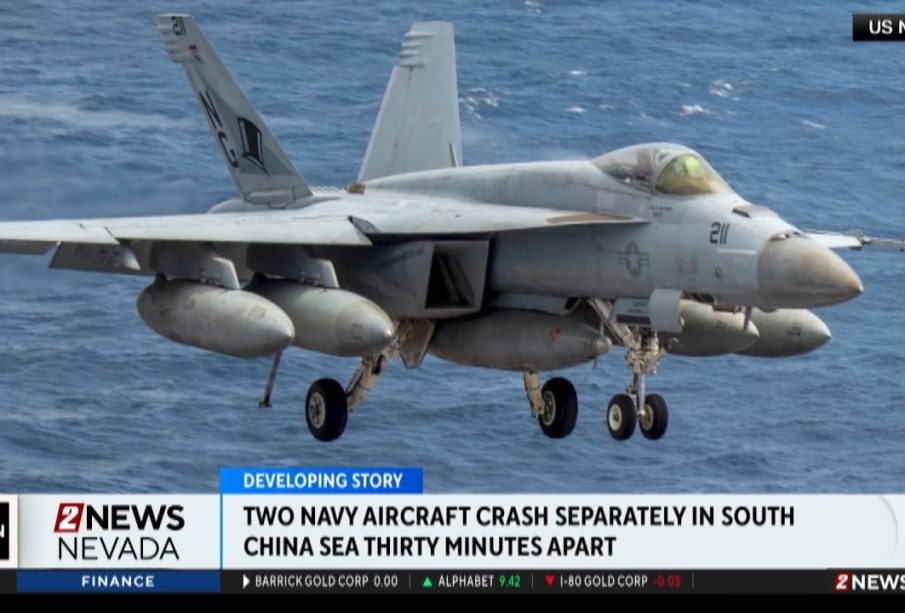US Navy Aircraft Crash in the South China Sea: Key Developments

Introduction
The recent crash of a US Navy aircraft in the South China Sea has sent ripples through military and geopolitical circles. As tensions escalate in this crucial maritime region, the incident underscores the complexities of military operations and international relations in an area critical for trade and security.
Details of the Incident
On October 17, 2023, a US Navy F/A-18 Super Hornet went down during routine operations in the South China Sea. The aircraft was conducting flight operations from the USS Ronald Reagan, an aircraft carrier patrolling international waters in a region rife with territorial disputes. Fortunately, the pilot and crew were safely recovered by the USS Ronald Reagan’s support vessels, and no injuries have been reported among the crew.
Response from the US Navy
In the wake of the crash, the US Navy has initiated an investigation to ascertain the cause. Rear Admiral Mike D. Bernacchi, Commander of Carrier Strike Group 5, confirmed the recovery and expressed relief at the safe retrieval of the pilot. He stated, “Incidents such as these remind us of the unpredictable nature of military operations in high-stakes areas. Our priority remains the safety of our personnel and the strength of our maritime presence in the region.”
Geopolitical Implications
The South China Sea is a vital marine corridor, rich in resources and essential for global shipping. It is also a center of contention, with several nations, including China, Vietnam, and the Philippines, claiming rights over various portions of the sea. China has ramped up its military operations in the area, causing alarm among its neighbors and the US, which has committed to defending international maritime rights. This incident brings to light the fragility of peace in a region that frequently sees military exercises and confrontations.
Conclusion
The crash of the US Navy aircraft in the South China Sea raises significant concerns about the ongoing military activities in the region. As investigations continue, this incident may serve as a catalyst for renewed discussions on maritime safety and the necessity for protocols to avoid accidental confrontations. With the ever-increasing presence of military assets from multiple countries, the need for dialogue and diplomatic engagement has never been more critical for ensuring stability in this important global maritime zone.








